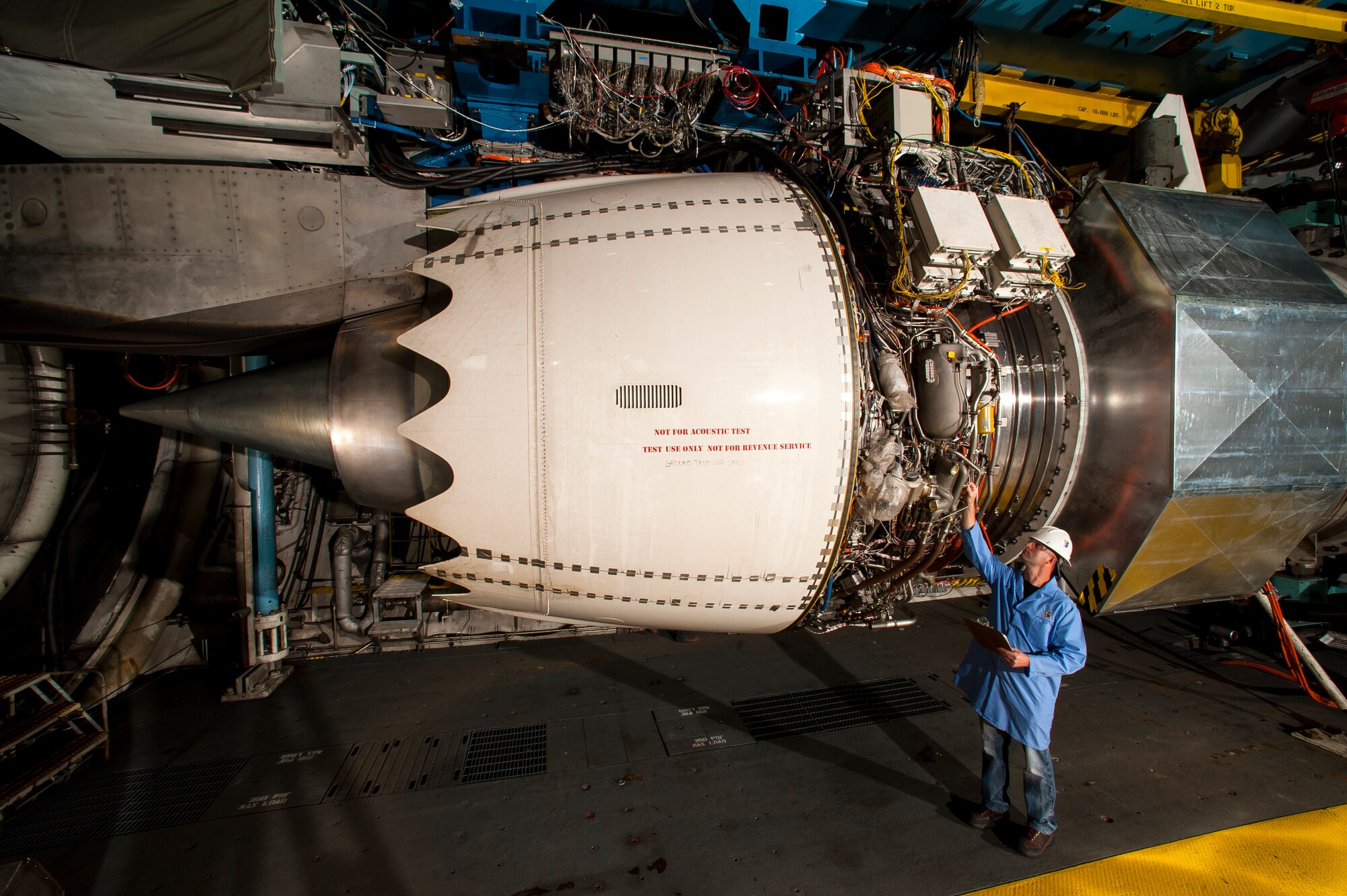EN 323 Rocket Engine Nozzle Thrust Testing
The EN 323 standard is a critical component in ensuring the safe and efficient operation of rocket engine nozzles. This test evaluates thrust performance, which is paramount for propulsion systems in aerospace applications. The process involves precise measurement techniques to ensure compliance with stringent international standards.
Thrust testing is essential for verifying that rocket engines meet design specifications and can operate within expected parameters under various conditions. The test setup typically includes a nozzle installed on a rocket engine or a stand-in facility, where the nozzle is subjected to controlled firing tests. These tests assess the nozzle's ability to produce the required thrust under specified conditions.
The procedure involves several key steps:
- Calibration of testing equipment
- Preparation and conditioning of the test specimen (nozzle)
- Setting up the test chamber
- Firing tests with controlled parameters
- Data collection and analysis
- Reporting results based on EN 323 criteria
The testing process ensures that nozzles meet critical design requirements, including but not limited to, specific impulse, thrust-to-weight ratio, and thermal stability. Compliance with these standards is crucial for the successful deployment of rockets in various applications.
| Test Parameter | Description |
|---|---|
| Specific Impulse | The measure of how well a rocket engine converts its propellant into thrust. Higher specific impulse indicates better performance. |
| Thrust-to-Weight Ratio | The ratio of the thrust produced by the nozzle to the weight of the engine. A higher ratio is desirable for efficient operation. |
| Thermal Stability | The ability of the nozzle to withstand extreme temperatures without failing. This is crucial for long-duration missions. |
Testing procedures are strictly regulated by EN 323, ensuring that all tests are conducted under controlled and standardized conditions. Compliance with these standards not only enhances safety but also ensures reliability and performance in mission-critical applications.
Scope and Methodology
- Calibration of Testing Equipment: Ensuring all test instruments are accurate and reliable is the first step. This involves using precision scales, pressure gauges, and other specialized equipment to measure thrust accurately.
- Preparation and Conditioning of Specimen: The nozzle undergoes thorough cleaning and conditioning to remove any contaminants or residues that could affect test results.
- Setting Up the Test Chamber: The chamber is configured according to EN 323 specifications, ensuring a controlled environment for testing. This includes setting up safety protocols, calibration checks, and environmental controls.
- Firing Tests with Controlled Parameters: The nozzle is subjected to firing tests under various conditions, including different propellant types, oxidizers, and fuel combinations. Data is collected meticulously during these tests.
- Data Collection and Analysis: All data from the tests are analyzed using advanced computational tools. This step ensures that all parameters meet the required EN 323 specifications.
- Reporting Results: The final report summarizes all test results, highlighting compliance with EN 323 standards. It includes recommendations for any modifications or improvements needed for future tests.
The entire process is documented meticulously to ensure transparency and reproducibility of the testing procedures. This approach not only meets regulatory requirements but also enhances trust in the testing outcomes.
Customer Impact and Satisfaction
- Enhanced Safety: Compliance with EN 323 ensures that nozzles are safe for use, reducing risks during missions.
- Better Performance: Testing according to this standard enhances the efficiency of rocket engines, leading to improved performance in various applications.
- Compliance Assurance: Compliance with international standards reassures customers and stakeholders about the quality and reliability of products.
- Market Differentiation: Meeting or exceeding EN 323 specifications can differentiate a product from competitors, enhancing marketability.
Clients in the aerospace sector rely on our testing services to ensure that their rocket engines are safe, efficient, and reliable. Our focus on precision and accuracy ensures that customers receive high-quality test results, contributing to successful mission outcomes.
International Acceptance and Recognition
The EN 323 standard is widely recognized in the aerospace industry for its rigorous testing procedures. This standard is adopted by numerous international organizations and is a benchmark for ensuring the safety and performance of rocket engine nozzles.
Our laboratory's expertise in EN 323 thrust testing is internationally acclaimed, with our results being trusted across various sectors including government agencies, private aerospace companies, and research institutions. The standard's global acceptance underscores its importance in the industry.
The EN 323 certification provides a competitive edge to businesses operating within this sector by ensuring that their products meet stringent international standards. This recognition is vital for maintaining high-quality benchmarks and fostering trust among customers and stakeholders.





